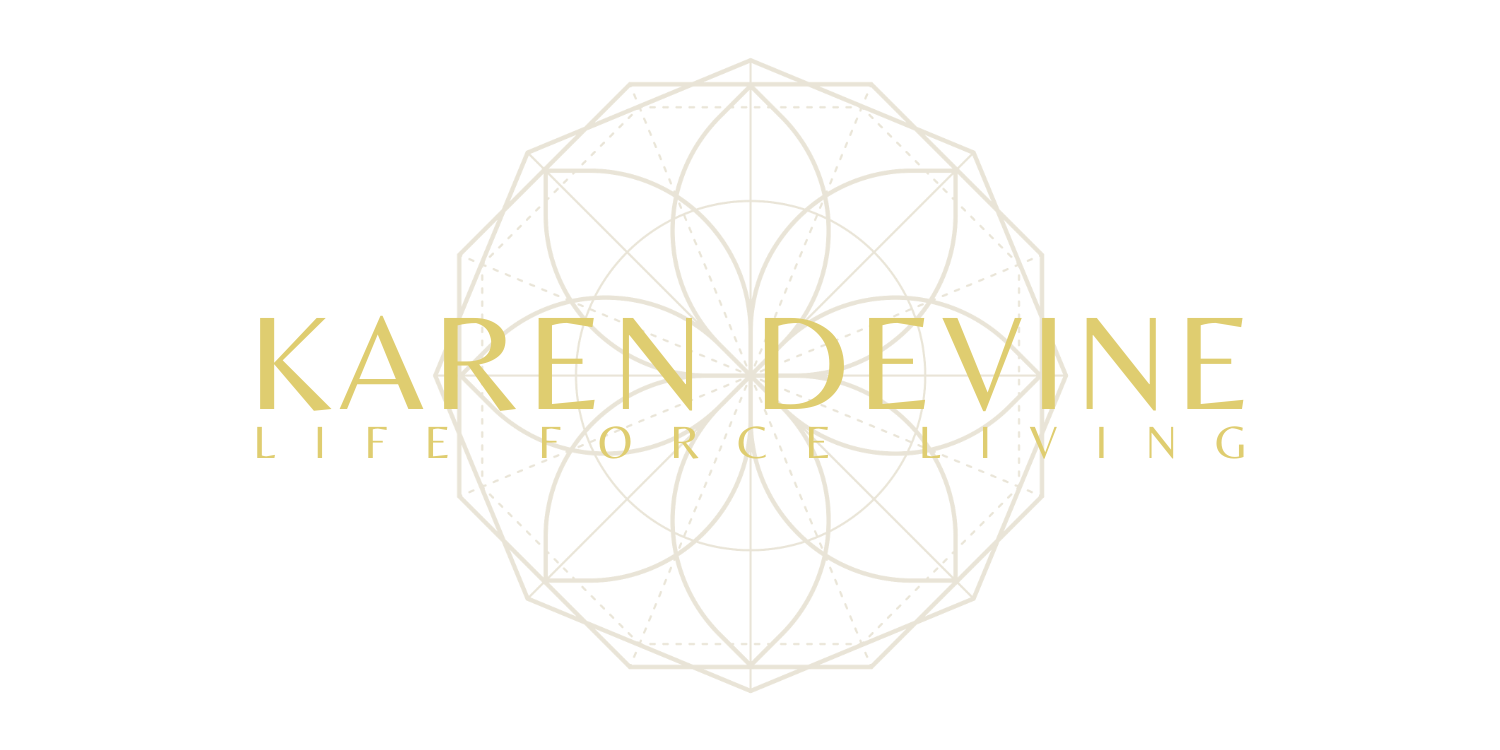HIGH BLOOD PRESSURE - THE BODY’S CRY FOR HELP
High Blood pressure rates are increasing across the globe, in 2000 nearly one billion adults of the world population had high blood pressure (hypertension) and that number is rising.[i]
It can place extra strain on our blood vessels, organs such as the heart and if persistent it can increase the risk of strokes, heart failure, heart disease, vascular dementia and more. Reducing the blood pressure even by a small amount can help lower the risk of these further health conditions.
There are factors that may contribute to an increase risk of high blood pressure which include -
· Being overweight and /or excess insulin levels.
· Are over the age of 65 (yet it is not uncommon in younger years now)
· Excess salt in the diet
· Lower intake of fruits and vegetables – rich in antioxidants/fibre
· Oxidative stress
· Excess of alcohol/coffee or other caffeine rich drinks
· Lack of Exercise
· Excessive or long- term stress
· Smoking
· Oxidative stress and lack of antioxidants in the diet.
· Poor sleep patterns.
· Low thyroid status.
· Low levels of iodine.
· Have a relative with high BP….and more.
Hypertensive drugs are affective and have been life savers for many, however, we must remember that the symptom of high blood pressure is always a signal from the body, almost a ‘cry for help’ that it needs our attention.
A healthier lifestyle and diet may contribute to healthy blood pressure (and overall health). Some of the non-nutritional approaches are –
1. Sleeping 7-8 hours of uninterrupted sleep, if sleep is an issue then this may need to be addressed and importantly get to bed before midnight.
2. Where possible be physically active each day and try to have 2-3 hours per week of focused exercise such as strength/resistance training.
3. Learn how to practice deep breathing (lots of information on the internet), which can lower stress. You can practice this several times a day.
4. At this time of turbulence, it can be difficult to find the joy/fun/laughter in life but laughing can lower stress hormones and increase our immunity.
5. Mindfulness, meditation, prayer – what ever works for you, engage in this daily.
NUTRITIONAL SUPPORT INCLUDES –
1. Reduction in alcohol, excess animal products, sugar, refined carbohydrates, caffeine, salt etc, whilst increasing ‘whole foods ‘in your diet.
2. Increase your antioxidant intake from fruits and veggies.
3. Enjoy healthy fats from seeds, nuts, avocado’s, oily fish,a little olive oil (all rich in omega3,6 & 9 fatty acids)
4. Eat adequate (not excessive) protein to stabilise blood sugar levels.
5. Good hydration.
6. Eat moderate sized meals and avoid snacking if you can which helps to minimise insulin levels allowing 4-5 hours before your next meal. If you have low blood sugar levels, you may need the healthy snacks initially.
Some foods that deserve a special mention include, walnuts, almonds, avocado, berries, mushrooms, tomato, red peppers, flax seeds, sweet potato, wild salmon and more which may contribute to lowering BP.
TARGETED SUPPLEMENTS MAY INCLUDE -
1. CO Q10
2. Magnesium
3. Iodine
4. B6
5. Taurine
6. Glutathione
7. Vitamin C, D & E
8. Essential fatty acids.
Whilst there are many studies on the effects of various nutrients to help with high bp, adding targeted nutrients in supplemental form should be personalised and ideally not in isolation but in combination with others where they work more effectively. Also, note there can be drug/nutrient interactions so always check first.
N.B
Do not ignore high blood pressure, speak with your gp/practice nurse for medical advice.
[i] Burt VL et al. Prevalence of hypertension in the US adult population. Results from the Third National Health and Nutrition Examination Survey, 1988-1991. Hypertension. 1995 Mar; 25(3):305-13. View Abstract
